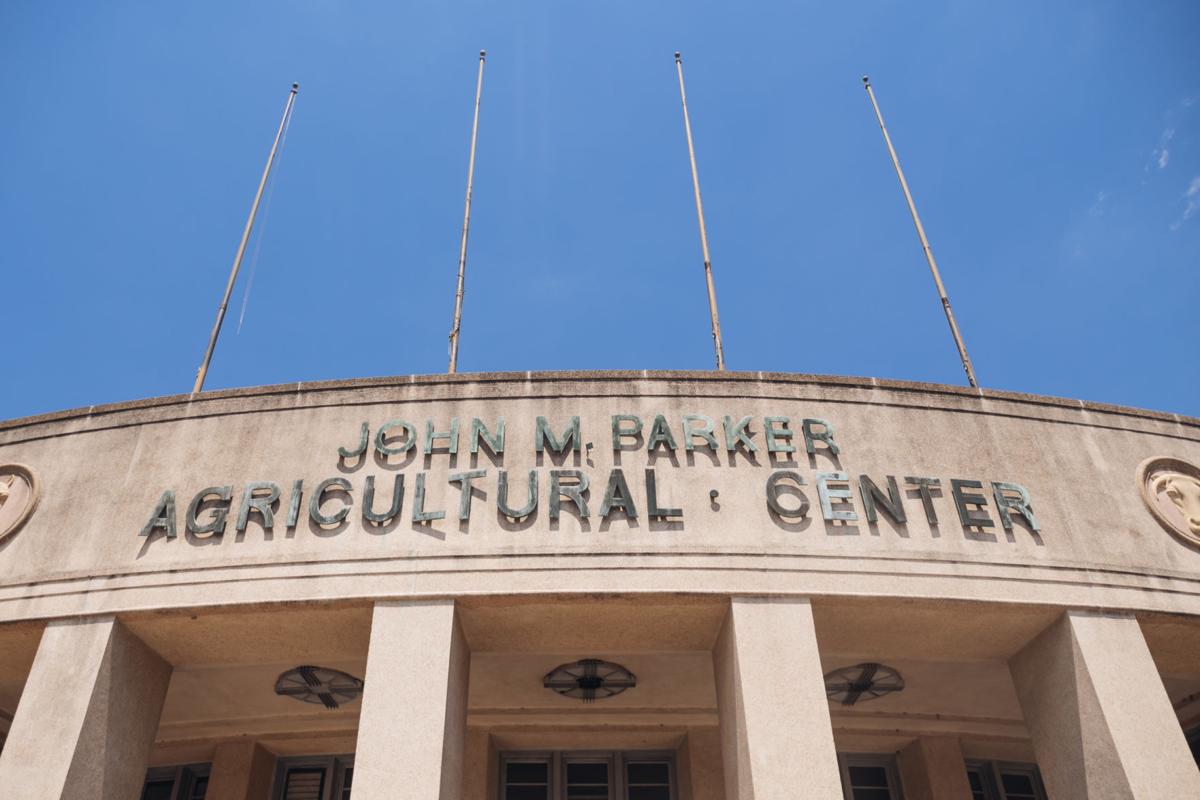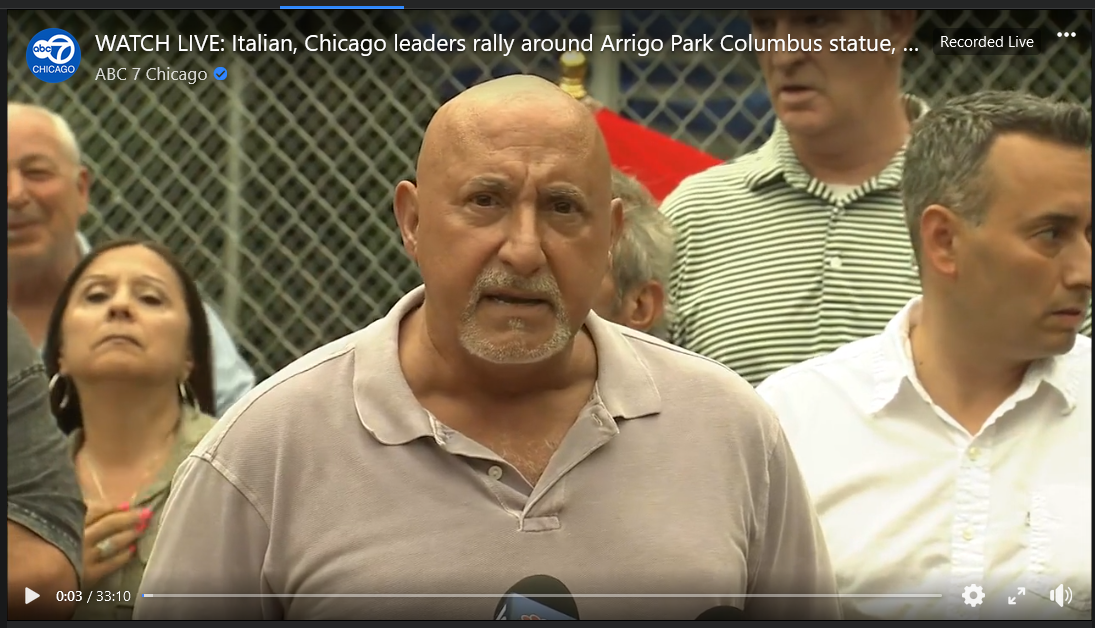On Statues of "Great Men"
Last night, Mayor Lightfoot took down the Columbus statues in Chicago.
I forget when I first heard the Untold History of Christopher Columbus. Maybe it’s because “slavery” and “war crime” don’t rhyme with 1492, but they don’t teach you about that in grade school.
I have Italian-American family and friends, mostly from Taylor St in Little Italy. So when this Atlantic article titled, How Columbus Day Fell Victim to Its Own Success, I was sympathetic. It reads as an untold, untold history of the United States. As such, it should be required reading for any activist with strong feelings on the matter.
It’s worth remembering that the now-controversial holiday started as a way to empower immigrants and celebrate American diversity.
The first degree I earned at UIC was in philosophy. I was lucky enough to take professor Charles Mills’s class on his best-selling book, The Racial Contract. Viewing Columbus Day through that lens, Italian Americans were actively trying to buy into the racial contract:
a tacit (and at times explicit) agreement among members of the tribes of Europe to assert, promote, and maintain the ideal of white supremacy as against all other tribes of the world.
In non-academic speak; Italians were tired of being kicked around and wanted to raise their status by celebrating their contributions to this country. You can hear that sentiment in this cringe-worthy press conference.
I jokingly told a friend that I look forward to the day when Latinos are sufficiently privileged that activists want to start tearing down statues of Latinos who were jerks and/or war criminals. It took me an embarrassingly long minute to think of any Latino statues. There are a bunch just a few blocks away from my home at Juarez Community Academy!
I have a strong distaste for “authority”. I find it’s usually undeserved. So I started looking into the history of Benito Juarez and came upon this article:
BENITO JUAREZ : HERO OR HERETIC?
My takeaway is that Juarez was a power-hungry politician. Some low-lights include:
“He changed political philosophies at least six times”.
“he “sold” a section of Lower California to an American for $100,000 U.S. dollars, apparently for personal gain since only $20,000 went to the government.”
“Because most Indians were illiterate, the Church was the trustee for the lands they had been granted. Now, this “ejido” land was seized, along with other Church property. Thus, an Indian was instrumental in depriving his own people of land that had been theirs since the days of the colonial government. It was to result in virtual peonage for Mexican agricultural workers, most of them Indians.”
The article ends with this:
“The evil that men do lives after them; the good is often interred with their bones.” The reverse has been true for Benito Juarez. Historians have ignored his faults. To paraphrase Shakespeare, “the evil he did was interred with his bones, the good lives after him.”
I don’t expect the activists to start rallying to change the name of Juarez Community Academy. But I do hope that some of them can imagine what it would be like to have a crowd of people trying to tear down one of the few statues of Latinos that exist in Chicago.
I also hope that my Italian-American friends can meditate on the John M Parker Agricultural Center at Louisiana State University.
One of the largest mass lynchings in American history was of eleven Italians in New Orleans, Louisiana, in 1891… John M. Parker helped organize the lynch mob, and in 1911 was elected as governor of Louisiana. He described Italians as “just a little worse than the Negro, being if anything filthier in their habits, lawless, and treacherous”.
How would they feel walking by that building every day?



